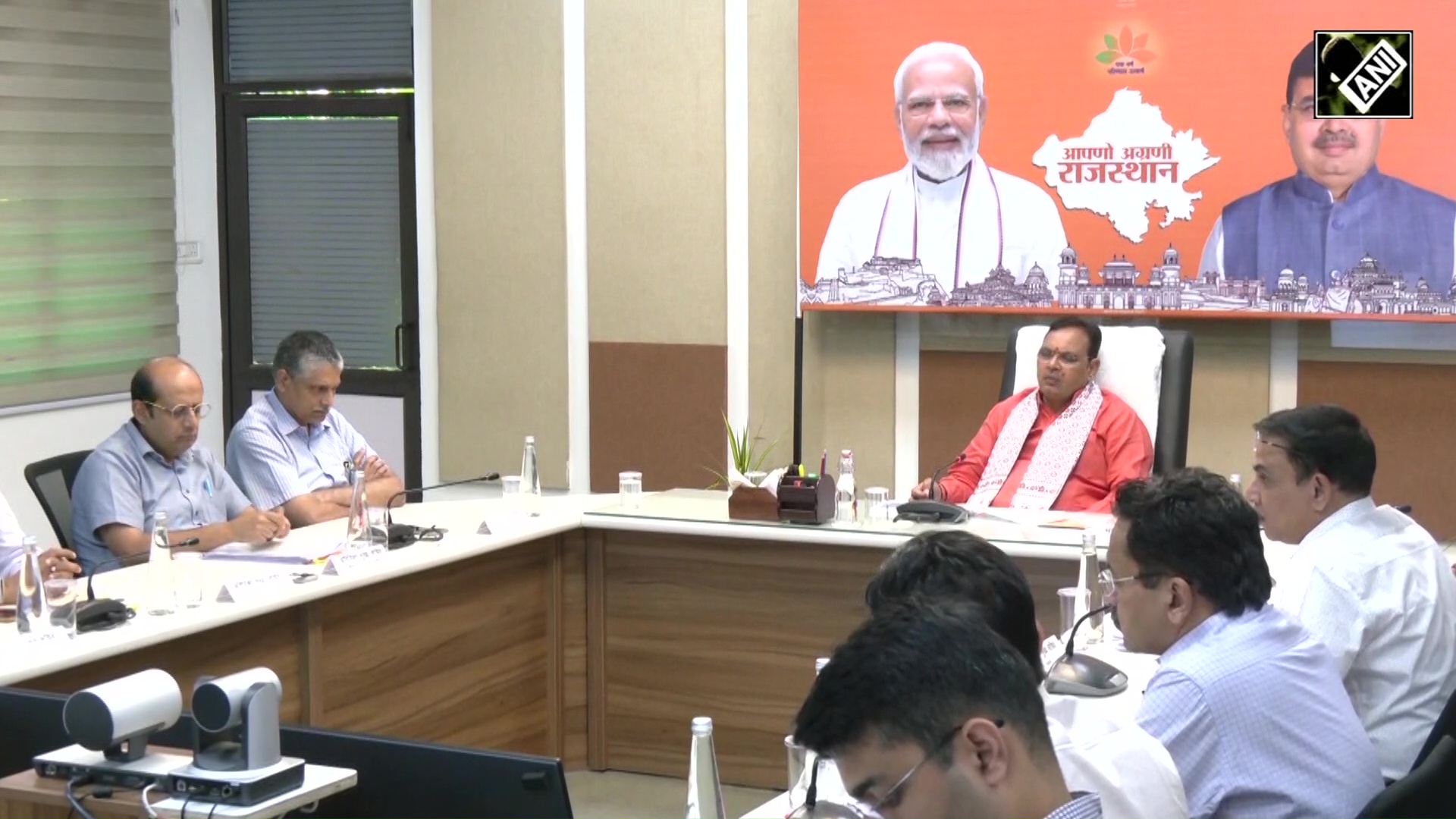CBI registers FIR against suspended defence production firm for allegedly duping bank of Rs 30 cr
Jul 06, 2023

New Delhi [India], July 6 : The Central Bureau of Investigation (CBI) has registered a case against a firm associated with defence production for allegedly duping the bank to the tune of Rs 30 crore.
The FIR into the matter reads that a senior official of Indian Bank in his complaint alleged that Adigear International through its partners/guarantors with dishonest intention and in criminal conspiracy with unknown public servants and unknown private persons, has defrauded Indian Bank (erstwhile Allahabad Bank) thereby causing wrongful loss to the tune of Rs 31.88 crores to the bank and wrongful gain to themselves.
In March this year, the Ministry of Defence suspended apparel and bulletproof jackets manufacturer Adigear International from doing any business with the armed forces.
The accused named in the FIR have been identified as Adigear International, P N Khanna, Anu Khanna, Sanjay Khanna, Sandeep Khanna and others.
The firm is located in Naraina Vihar, New Delhi and persons named in the FIR were partners or guarantors in the firm.
It further reads that during the forensic audit of the company, it was found that Adigear International has requested the lender bank "Allahabad Bank" for discounting of sales bill raised on Standard Gram Udyog Sansthan for Rs 8.55 Cr. The bank discounted these bills and credited a sum of Rs 7.07 Cr to the cash credit account of the party.
On the due date, Standard Gram Udyog Sansthan failed to make the payment to the bank. When Adigear International was contacted, it was informed that Standard Gram Udyog Sansthan had rejected the goods and had been lying in the factory.
Adigear International did not provide the details of the stock, hence, auditors were unable to verify the rejected stock. The bank has reason to suspect that the borrower firm has not done any business with Standard Gram Udyog Sansthan and the loan amount has been diverted by the borrower firm with the intention to cheat the bank.
It was also found that the borrower firm utilised the letter of credit facility from the complainant bank in the name of several entities, some of which were found to be non-existing.
















